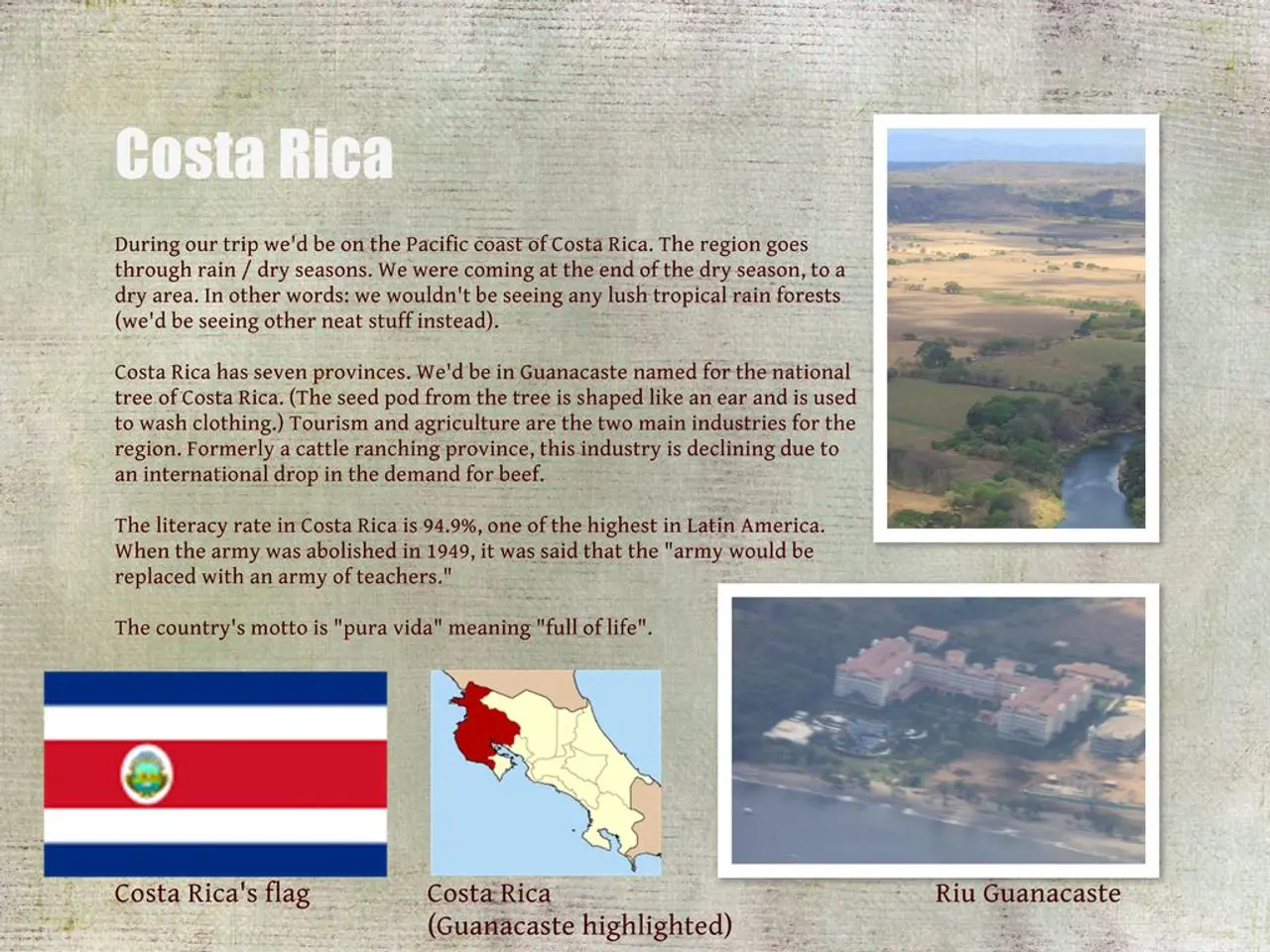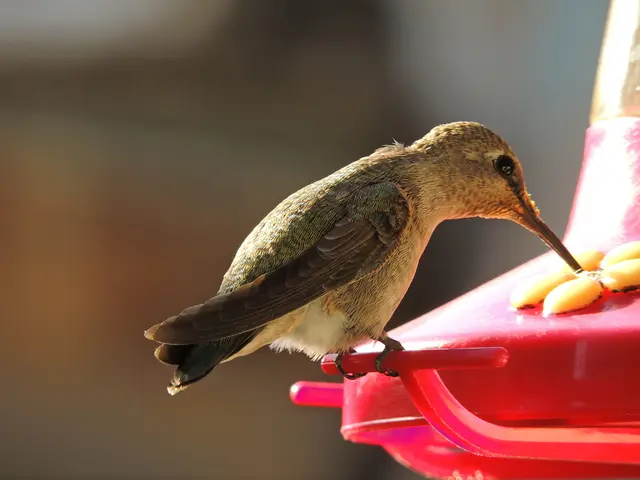World Tourism Day: Empowering Indigenous Peoples in Tourism
World Tourism Day, celebrated annually on September 27, serves as a reminder of the significant impact tourism has on societies, cultures, and economies worldwide. With nearly 10 percent of global GDP contributed by tourism and employing one in ten people, it's crucial to address its effects on Indigenous Peoples and their lands.
Tourism, while boosting economies, has often displaced Indigenous Peoples and marginalized their communities. From East Africa to the Amazon rainforest, examples abound of Indigenous lifestyles disrupted by tourism and development projects. However, when led by Indigenous Peoples themselves, tourism can be a tool for resistance, renewal, and empowerment. Initiatives in Aotearoa New Zealand, Australia, Fiji, Peru, and Guatemala demonstrate this potential.
Indigenous knowledge offers a blueprint for sustainability. Practices like tabu zones, stewardship, and fire management maintain biodiversity and prevent destructive wildfires. Despite managing or influencing nearly 25 percent of the world's land surface, rich in biodiversity and central to tourism, Indigenous Peoples see little of the economic returns. Only about 10 percent of Indigenous-held lands are legally recognized as belonging to them, with much of the tourism revenue bypassing their communities entirely.
True transformation in tourism requires enforceable recognition of Indigenous land rights, direct revenue flow into Indigenous communities, and Indigenous leadership in determining how their stories and traditions are shared. This can help preserve cultural heritage, promote sustainable tourism, and empower Indigenous communities. Youth and women, who make up a significant portion of the tourism workforce, can also benefit from these changes.
On this World Tourism Day, let's reflect on the need to include and empower Indigenous Peoples in the tourism industry. By doing so, we can create a more sustainable and equitable future for all. After all, tourism's success should not come at the expense of those who have called these lands home for generations.








